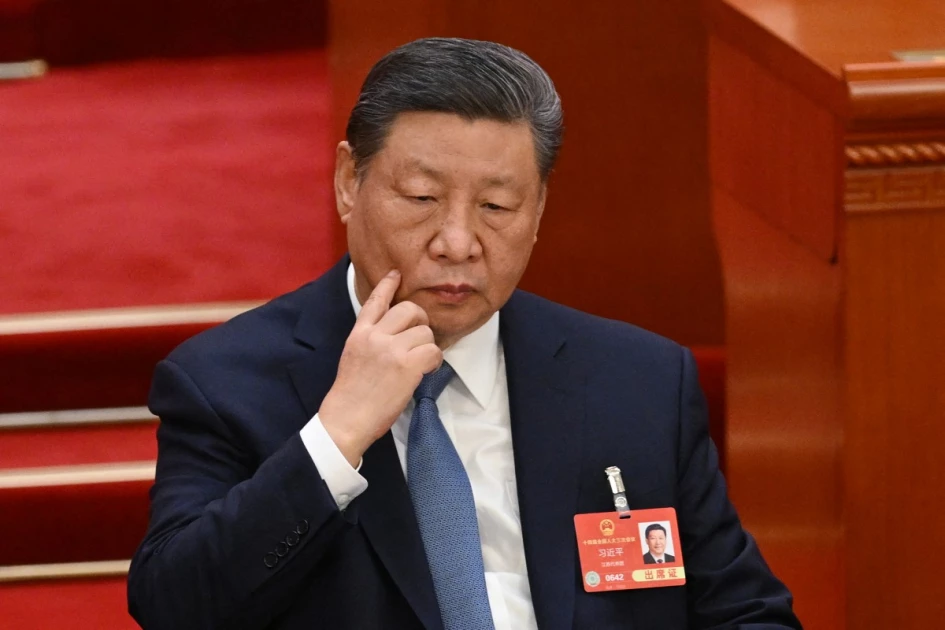Consumer prices in China remained flat in July, offering a brief moment of stability for the world’s second-largest economy as it continues to struggle with weak domestic demand and persistent deflationary pressure.
According to official data from China’s National Bureau of Statistics, the Consumer Price Index (CPI) — a key measure of inflation — showed zero change year-on-year, defying economists’ expectations of a slight 0.1% drop, as forecast in a Bloomberg survey.
Although overall consumer prices stayed steady, rural areas experienced a 0.3% decline, and consumer goods prices fell by 0.4%. While falling prices might seem good for buyers, economists warn that deflation can harm the economy by encouraging people to delay spending, hoping for even lower prices in the future — a trend that slows business growth.
China continues to face serious economic challenges, including a crisis in the real estate sector, which has dragged on for years, and high youth unemployment. These issues have weakened consumer confidence and reduced domestic spending, putting more pressure on the economy.
The situation has been made worse by ongoing trade tensions with the United States, especially under former US President Donald Trump’s trade policies, which led to higher tariffs and disrupted exports.
Despite a slight rebound in prices in June after four months of decline, experts remain cautious.
“The fall in prices of items like cars and phones slowed down in July, which helped improve core inflation,” said Zhiwei Zhang, President and Chief Economist at Pinpoint Asset Management.
“But it’s still unclear whether deflation has ended. The property sector remains unstable, and the economy is still leaning heavily on foreign trade rather than domestic consumption,” he added.
Meanwhile, factory gate prices — also known as the Producer Price Index (PPI) — dropped by 3.6% year-on-year, marking another month of decline. This ongoing drop, which has lasted nearly three years, is reducing profit margins for manufacturers and worsening price wars across industries.
China saw an increase in foreign trade in July compared to last year, providing a small boost to its economy. However, uncertainty remains as a temporary tariff truce with the U.S. is set to expire on Tuesday, raising fears that higher tariffs could return and disrupt trade once again.



